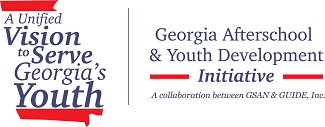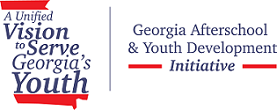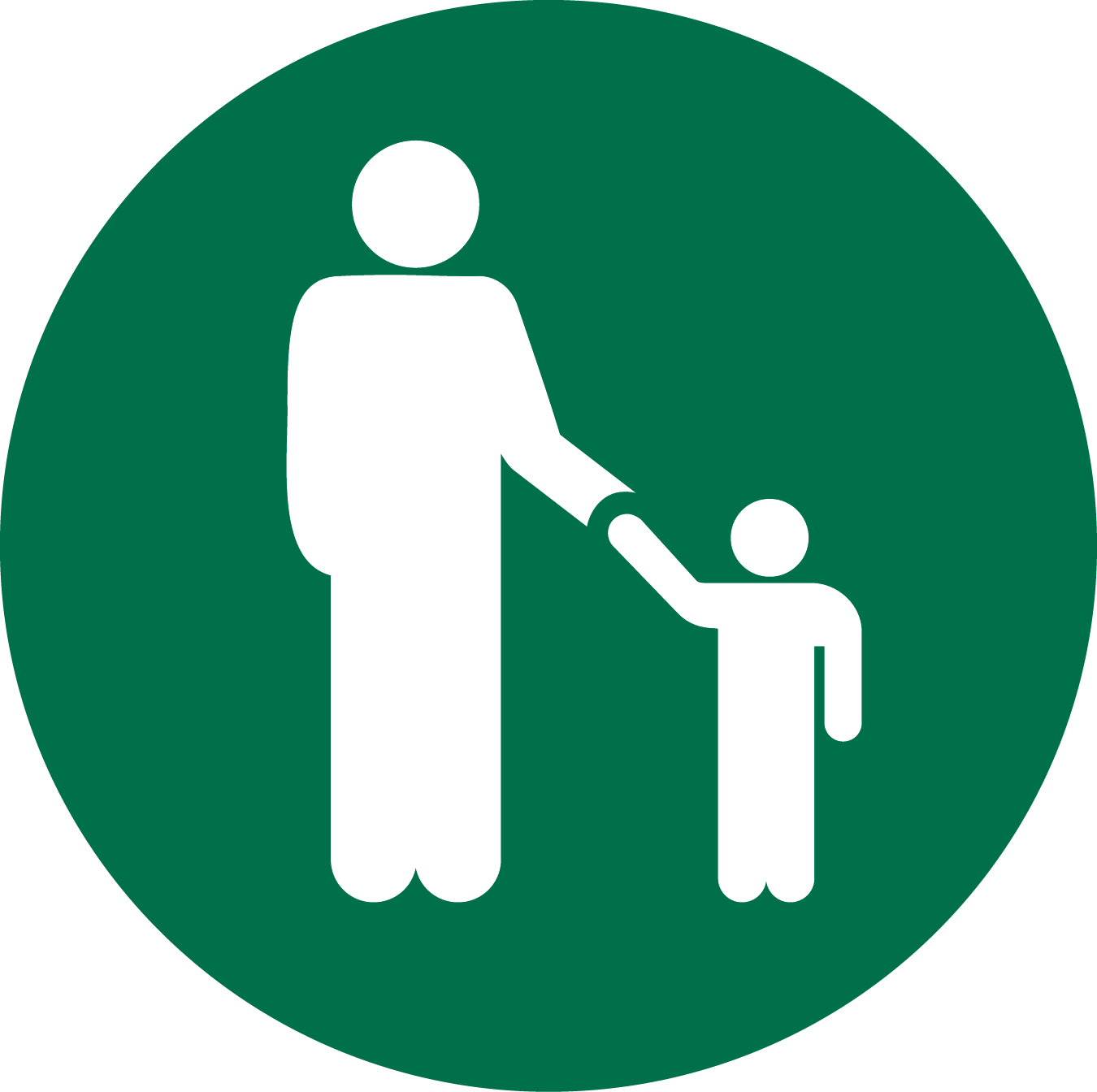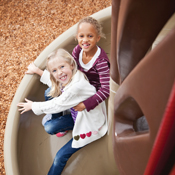Featured Resource
7 Tips to Positive Behavior
Positive behavior begins and ends with relationships—not with the rules. The National Afterschool Association’s 7 tips will help you cultivate an environment of meaningful connections between staff and youth at your program.
Curriculum
Barriers to Building Effective Youth-Adult Partnerships – Advocates for Youth
Tips for Partnering with Youth – Advocates for Youth
Communicating with Children: Principles and Practices to Nurture, Inspire, Excite, Educate and Heal – UNICEF
Youth Participation Guide: Assessment, Planning, and Implementation – UNICEF
Creating Youth-Adult Partnerships – The Innovation Center
Ask-Listen-Encourage Guidebook – David P. Weikart Center for Youth Program Quality
Reframing Conflict Guidebook – David P. Weikart Center for Youth Program Quality
Building Supportive Relationships in Afterschool – SEDL
Resources from the Coalition to Support Grieving Students
Assessing Staff Relationships Among Out-of-School Time Program Practitioners– Child Trends
Putting it All Together: Guiding Principles for Quality After-School Programs Serving Preteens – Public/Private Ventures
Ensuring Accessing to Mentoring Programs for LGBTQ Youth – Williams Institute
Collective Leadership Works: Preparing Youth & Adults for Community Change – Innovation Center for Community and Youth Development
Creating Youth-Adult Partnerships: Training Curricula for Youth, Adults and Youth-Adult Teams – Innovation Center for Community and Youth Development
Reflect and Improve: A Tool Kit for Engaging Youth and Adults as Partners in Program Evaluation– Innovation Center for Community and Youth Development
Research & Best Practices
Building Supportive Relationships in Afterschool – American Institutes of Research
Supporting Social and Emotional Development Through Quality Afterschool Programs (Issue Brief) – American Institutes of Research
Ready for Work? How Afterschool Programs Can Support Employability Through Social and Emotional Learning – American Institutes of Research
Effective Practices to Cultivate Social and Emotional Learning in the Middle and High School Years (Recorded Webinar) – Afterschool Alliance
The Impact of After-School Programs That Promote Personal and Social Skills – Collaborative for Academic, Social, and Emotional Learning
Assessing Self-Regulation: A Guide for Out-of-School Time Program Practitioners – Child Trends
Youth-Adult Partnership Rubric – Community Evaluation and Research Collaborative
How to Build A Successful Mentoring Program Using the Elements of Effective Practice – National Mentoring Partnership
Elements of Effective Practice for Mentoring – National Mentoring Partnership
Professional Development
Social and Emotional Learning Practices: A Self-Reflection Tool for Afterschool Staff – American Institutes of Research
Positive Behavior Interventions and Supports (Resources and Training)
Six Tips for Teaching Social and Emotional Skills After School – Edutopia
My Brother’s Keeper Alliance Webinar Series
- Cultural and Class Conflicts in Mentor-Mentee Matches
- Knowing Thyself- Must Know Me to Build an Effective We
- Overview of Mentoring Boys and Men of Color and Pathways to the Mentoring Effect
Collaborative Mentoring Webinar Series
- Leveraging Mentoring to Support Black Male Achievement
- Using Research to Inform Your Mentoring Program
- A New Lens for Mentoring: Trauma Informed Care
- Peer Mentoring: A Discussion with Experience Practitioners
- Including and Welcoming LGBTQ Youth in Mentoring Programs
- “They always come, and they never say goodbye:” Healthy Closure in Mentoring
- Innovative Recruitment: Creative Strategies for Finding Long-Term Mentors
- College Access Mentoring: Preparing Students for Graduation and Beyond
- Cultural and Class Conflicts in Mentor-Mentee Matches
- School-Based Mentoring: Strategic Interventions to Maximize Positive Youth Outcomes
- National Mentoring Month: Amplifying Your Voice
- Mentoring Youth from Military Families: Lessons Learned & Effective Strategies



